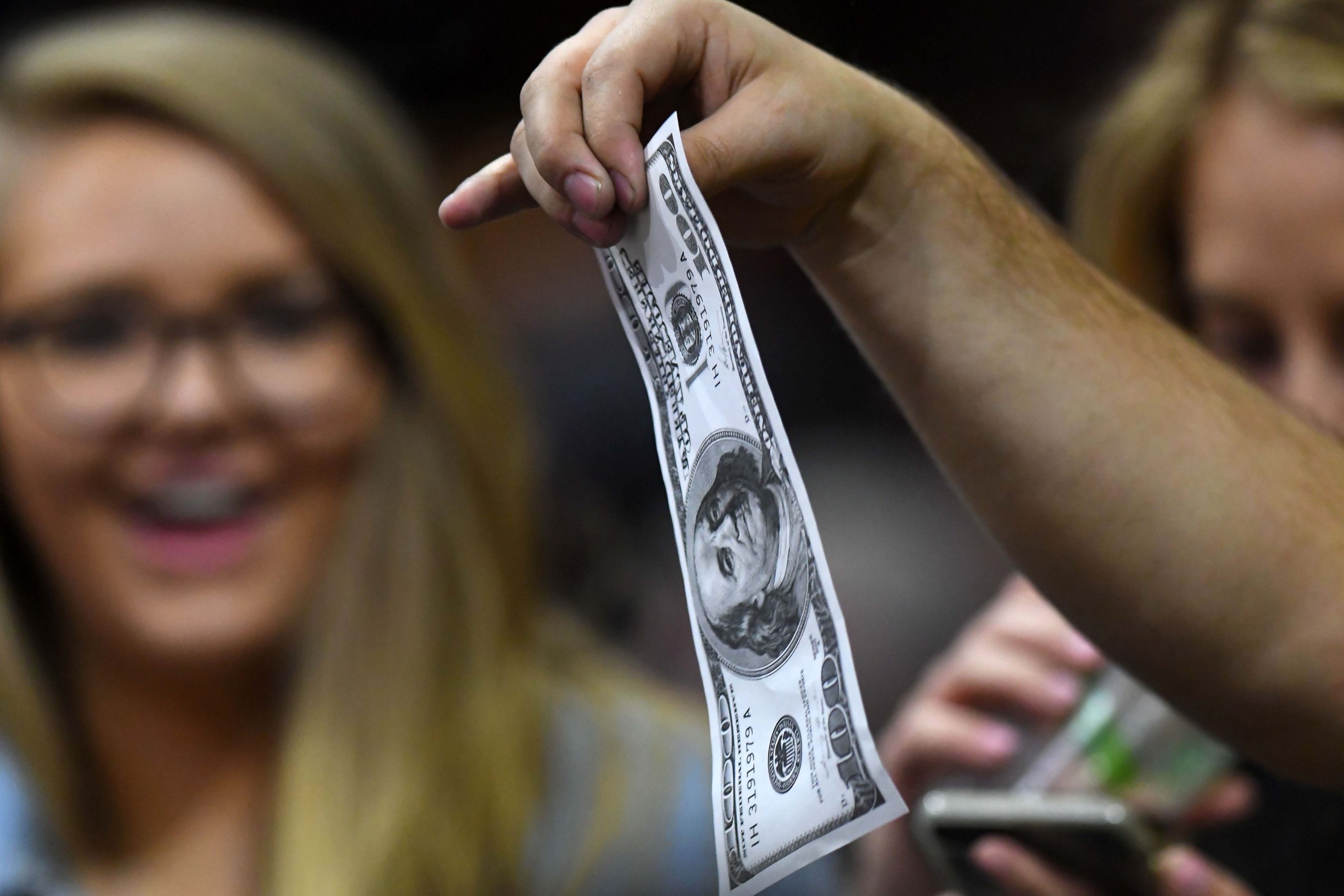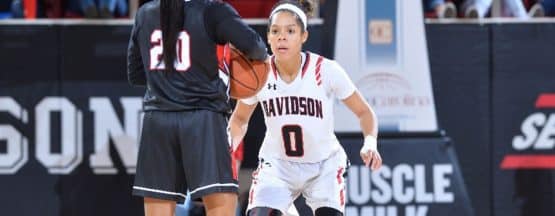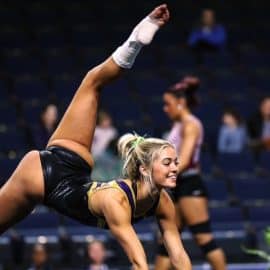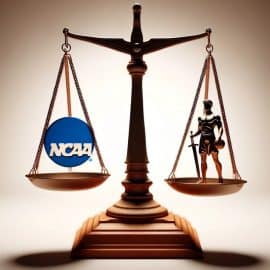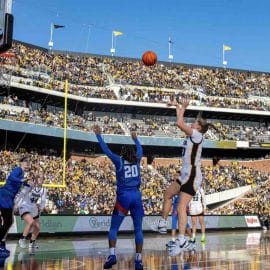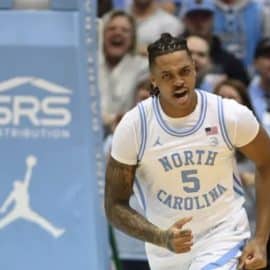On Monday, California Governor Gavin Newsom signed Senate Bill 206 into law that would let college athletes hire agents, allowing them to make money from endorsements. The law won’t take effect until 2023.
California Senate Bill 206 would upend that balance. If the bill becomes law and California’s 58 NCAA schools are compelled to allow an unrestricted name, image and likeness scheme, it would erase the critical distinction between college and professional athletics and, because it gives those schools an unfair recruiting advantage, would result in them eventually being unable to compete in NCAA competitions. These outcomes are untenable and would negatively impact more than 24,000 California student-athletes across three divisions.
Meanwhile San Francisco 49ers All-Pro cornerback Richard Sherman applauded the move.
“I hope it destroys the NCAA in general because I think it’s corrupt and it’s a bunch of people taking advantage of kids, and doing it under a mask of ‘fair play,’” Sherman told the Mercury Press. “Even the things they’re suspending these kids for are ridiculous. You’re suspending kids for YouTube channels and they’re saying, ‘Oh it’s because other kids can’t do it.’
I’ve seen the arguments for and against this move. Let’s not forget, the NCAA is making a lot of money. The NCAA is a billion dollar business. Some have argued that the athletes should be able to benefit, and to profit off of their sports. Should they be able to?
Meanwhile, major college football and basketball coaches are paid millions of dollars a year, and big athletic departments reap millions from brand sponsorships and TV contracts. The NCAA itself reported slightly more than $1 billion in revenue with profits of more than $27 million in the fiscal year that ended in August 2018, the last for which full figures are available.(NBC News)
The Pac-12 has responded to SB 206. They’re not happy.
The Pac-12 is disappointed in the passage of SB 206 and believes it will have very significant negative consequences for our student-athletes and broader universities in California. This legislation will lead to the professionalization of college sports and many unintended consequences related to this professionalism, imposes a state law that conflicts with national rules, will blur the lines for how California universities recruit student-athletes and compete nationally, and will likely reduce resources and opportunities for student-athletes in Olympic sports and have a negative disparate impact on female student-athletes.
Moving forward, I expect a court challenge. Finally, what if any affect with this have on college hockey?
Add The Sports Daily to your Google News Feed!
